Running a start-up can be an intense pressure cooker that pushes founders and employees to their breaking point if they aren’t careful. The always-on hustle mentality celebrated in start-up culture often glorifies overwork, sleep deprivation, and grinding yourself to the bone. But this romanticization of burnout is toxic and unsustainable.
As a startup leader, it’s your responsibility to foster a culture that prevents burnout and promotes sustainability across your workforce. This post will explore tangible strategies founders can implement at companies of all stages and sizes.
What Exactly is Burnout?
Let’s start by defining burnout. It goes far beyond feeling stressed or temporarily exhausted. The World Health Organisation characterises job burnout as an “occupational phenomenon” resulting from chronic workplace stress that is never properly managed.
Symptoms include physical fatigue, mental exhaustion, and emotional detachment that negatively impacts work performance, morale, and health. Workers feel drained, overloaded, and often frustrated by a lack of control.
Spotting Early Warning Signs
How can managers spot burnout red flags sooner rather than later? Tell tale signs include:
- Decreased energy and motivation
- Exhaustion, irritability, negative attitudes
- Poor concentration, careless mistakes
- Lack of engagement in work
- Calling in sick frequently
Anonymous employee surveys and burnout assessment questionnaires can help uncover problems early as well.
What Causes Startup Burnout?
Common culprits of startup team burnout include:
- Excessively long work hours without boundaries
- Wearing too many hats and unclear priorities
- Unrealistic expectations and pressures for rapid growth
- Lack of support systems and isolation
The Impacts of Ignoring Burnout
Unchecked burnout has serious consequences, including:
- Marked decline in job performance and productivity
- Increased staff turnover as employees quit
- Physical and mental health issues like insomnia, anxiety, depression
- Lack of creativity, cynicism, and disengagement
Assessing Burnout in Your Startup
How can you spot burnout risks early? Anonymous employee surveys and burnout assessment questionnaires can uncover problems. Also watch for these warning signs:
- Decreased engagement and motivation
- Exhaustion, irritability, pessimism
- Poor concentration, frequent mistakes
- Lack of interest in work, calling in sick
Strategies to Promote Sustainability
Here are 12 tactics startup founders can implement to prevent employee and founder burnout:
Promote Work-Life Balance
- Lead by example when it comes to reasonable working hours and boundaries. Discourage excessive overtime and weekend work.
- Set clear expectations for work availability and schedules. Enable predictability.
Support Mental Health
- Destigmatise discussing mental health issues. Provide access to employee assistance programs, counselling, and therapy benefits.
Manage Stress
- Offer mindfulness training, breathing workshops, and biofeedback programs. Encourage taking breaks.
- Consider wellness stipends for stress-relieving activities like gym memberships, massages, or acupuncture.
Systemise Efficiency
- Look for opportunities to delegate tasks and decisions to avoid founder/executive overwhelm.
- Streamline processes and define project scope to prevent wasted efforts.
Cultivate Community
- Facilitate peer support groups, mentorship programs, and social events to reduce isolation.
Monitor Workload
- Track employee hours worked and assess responsibilities to identify imbalance. Realign workloads.
Embrace Flexibility
- Support remote work options, alternative schedules, and leave sabbaticals to meet individual needs.
Encourage Time Off
- Require employees to take all vacation days. Discourage glorification of “hustle porn” and over-valorisation of being busy.
Outsource and Automate
- Reduce operational workload burdens through hiring specialised services and leveraging software.
Hire Additional Support
- Bring on coaches, mentors, interim specialists to offload responsibilities from overloaded staff.
In summary, founders must make sustainable practices a core priority, not an afterthought. Evaluating employee stress levels and responding empathetically rather than criticising struggles is key. There is no one-size-fits-all solution, but taking a multifaceted approach tailored to your start-up’s size and resources is essential.
While exact solutions depend on a startup’s size and resources, taking a multifaceted approach is key. View employee wellbeing as integral to your startup’s success, not an afterthought.
Invest time upfront in assessing stress levels and crafting personalised burnout reduction plans. Support people holistically in balancing demanding start-up work with fun, downtime, and self-care.
With intentional, preventative efforts, (see what I did there😉) your start-up can build an energising culture that avoids burnout. Your team will be empowered to do their best work in a refreshing, sustainable environment that enables long-term success.

